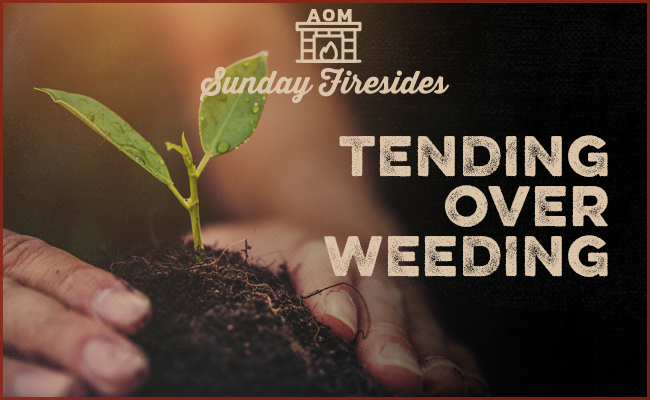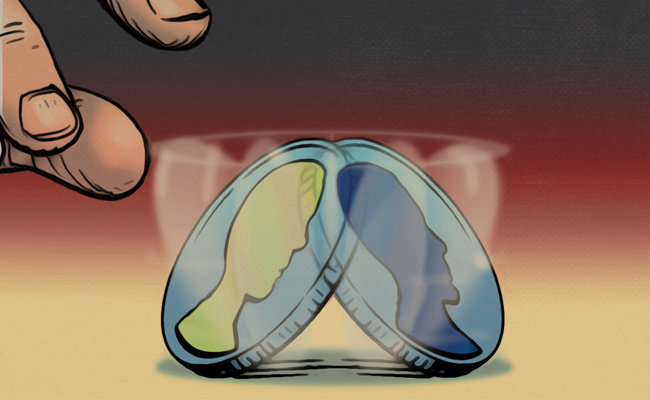On the path to self-improvement, we often first look to addressing our flaws. We try to eradicate the weeds from the garden of our lives.
Yet we frequently find this a frustrating task. We yank and pull, yet our faults seem to remain perennial. We make a little progress in beating them back and trimming their territory, yet our foibles typically stay with us in some form for years, decades, even our whole lives through.
Might we suggest a better way to approach your role as master gardener? Rather than spending the cream of your energy attempting to remove the weeds of weakness, concentrate on tending the seeds of your inherent strengths. The verdant growth of their resulting fruits and flowers will in turn choke out one’s more pestilent plants.
Research shows that marriages can have plenty of conflict, as long as these negative interactions are disproportionately outweighed by positive encounters. And the same dynamic applies to every other kind of relationship and area of life as well. Abundant warmth, humor, self-awareness, and a quickness to recognize and apologize for mistakes can cover a multitude of interpersonal “sins.” Likewise, unusual excellence in a craft can compensate for certain flaws in work habits.
In a similar vein, planting new “crops” can often smother your vices without having to tackle them directly. Someone who is drinking too much, eating too much, or watching too much porn frequently finds that once he fills his life with positive pursuits — relationships, hobbies, exercise — his temptations naturally wither away. Oftentimes, we don’t need to change our thoughts, so much as find other things to occupy them.
As you survey the landscape of your life, rather than trying to uproot all the bad, overwhelm it by producing a mighty harvest of good.








